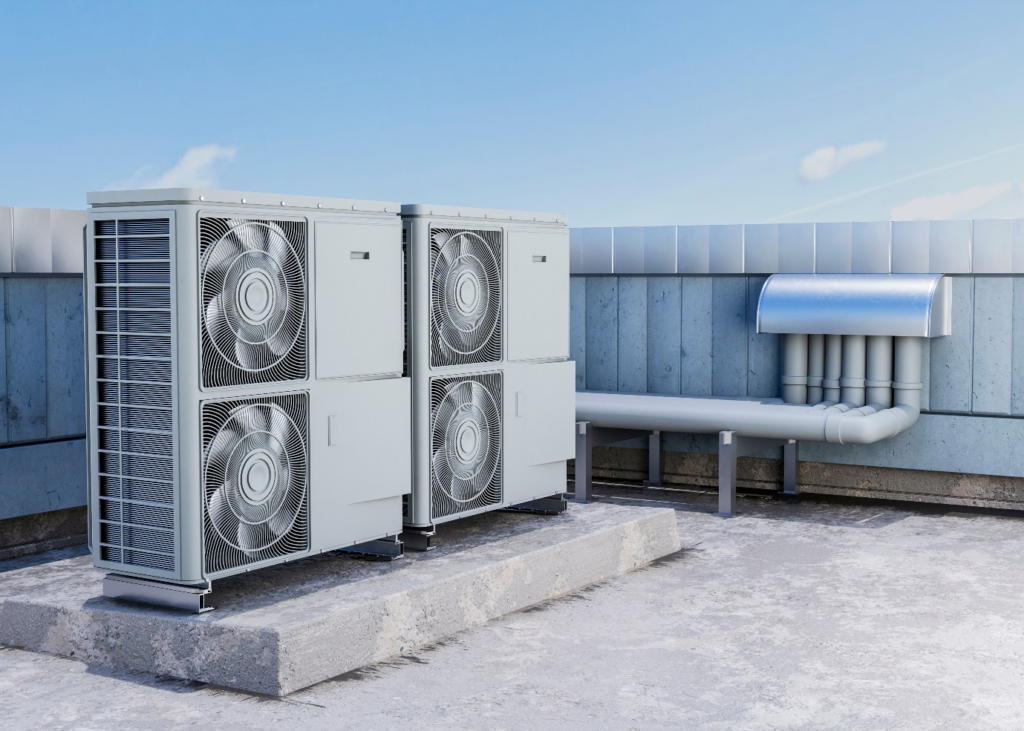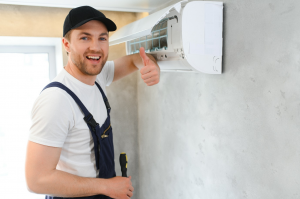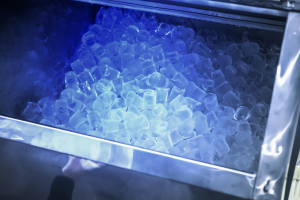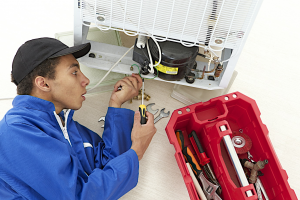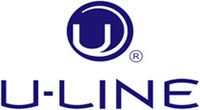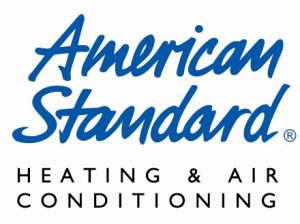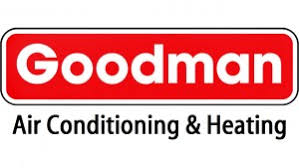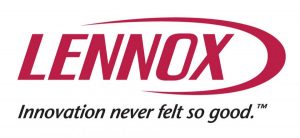In today’s world, as concerns about climate change and environmental sustainability continue to grow, businesses are under increasing pressure to adopt eco-friendly practices. Commercial air conditioning, a vital component of most enterprises, is no exception. In this guide, we’ll explore the importance of sustainable and energy-efficient commercial air conditioning, and provide insights into how businesses can make smarter choices to reduce their environmental impact and save on operating costs.
Understanding the Significance of Energy Efficiency
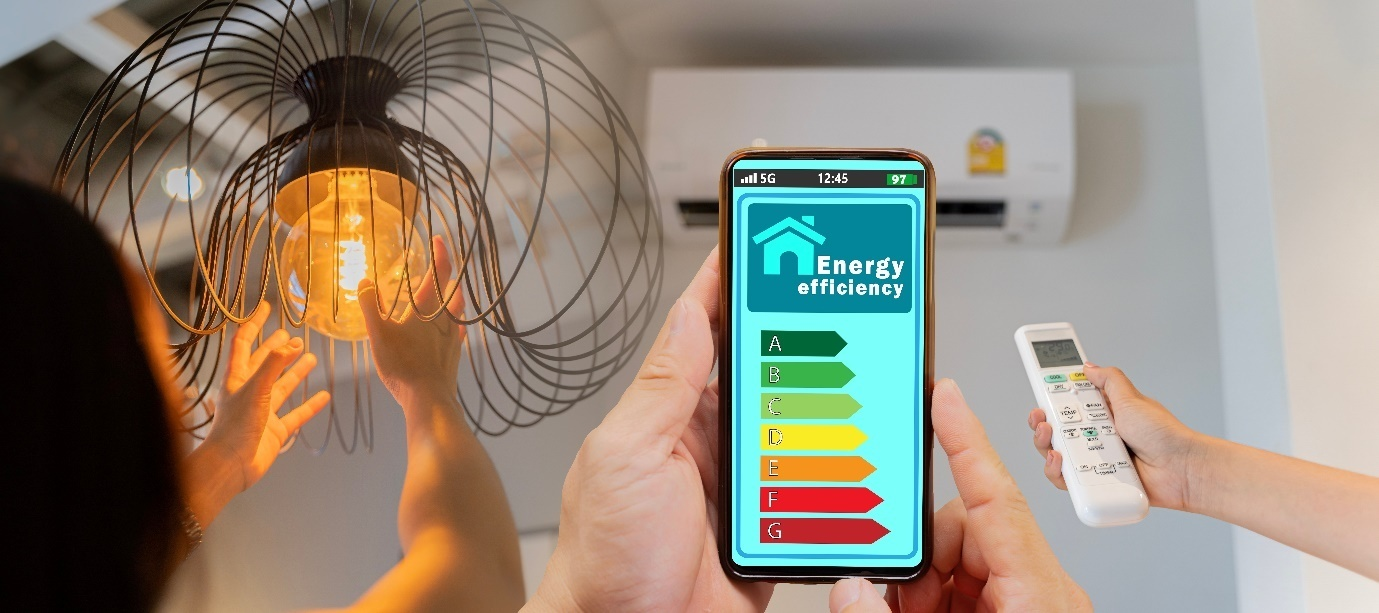
Before delving into the strategies for achieving energy-efficient commercial air conditioning, it’s essential to grasp why it matters. Energy efficiency is all about using less energy to provide the same level of service or, ideally, to enhance service while using the same amount of energy. In the context of commercial air conditioning, it means maintaining a comfortable indoor climate while minimizing energy consumption.
1. Cost Savings
Reducing energy consumption leads to lower operational costs. When a business invests in energy-efficient air conditioning systems, it stands to benefit from significant long-term savings on utility bills.
2. Reduced Environmental Impact
Energy-efficient systems release fewer greenhouse gases and reduce a business’s overall carbon footprint. This is not just a moral obligation but also a selling point for environmentally conscious consumers.
3. Improved Indoor Air Quality
Modern, energy-efficient HVAC (Heating, Ventilation, and Air Conditioning) systems often come with advanced air filtration and purification features, enhancing indoor air quality, which can lead to healthier and more productive employees.
4. Enhanced Comfort and Productivity
Energy-efficient systems can provide more consistent and comfortable indoor climates, which, in turn, can lead to increased productivity and employee satisfaction.
5. Compliance and Regulations
Many regions have introduced strict regulations and standards regarding energy efficiency and emissions. Complying with these regulations can help businesses avoid fines and penalties.
Now that we understand the benefits of energy efficiency let’s explore how businesses can achieve it in their commercial air conditioning systems.
Selecting the Right System
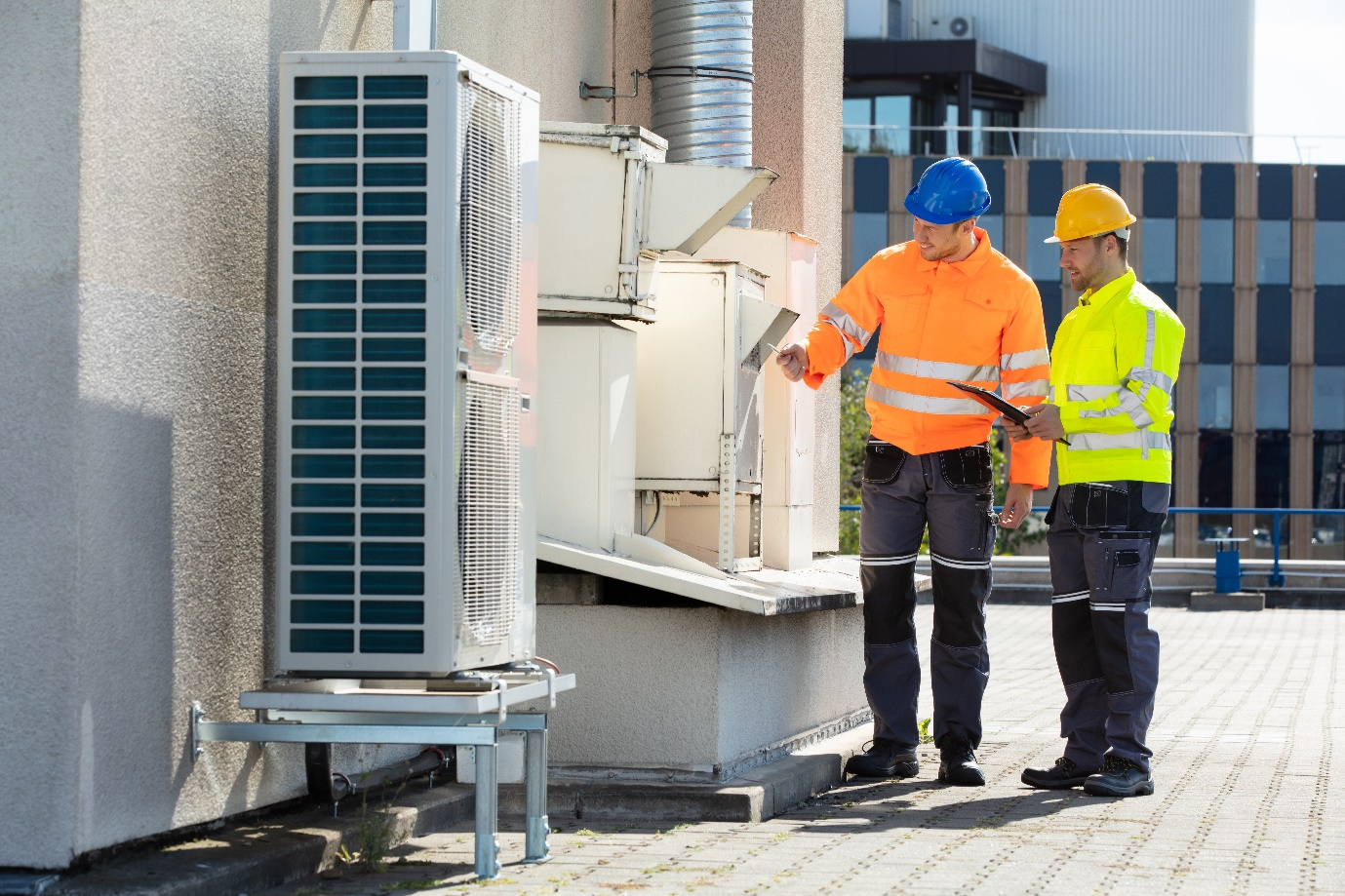
The foundation of sustainable and energy-efficient commercial air conditioning lies in the initial choice of the system. There are several factors to consider when selecting the right system for your business:
1. Size Matters
Choosing an appropriately sized system is crucial. An oversized unit will cycle on and off frequently, wasting energy, while an undersized unit will struggle to maintain the desired temperature, also increasing energy consumption. Seek professional guidance to determine the correct size for your space.
2. Energy Efficiency Ratings
Pay attention to energy efficiency ratings when selecting a system. In the United States, the Seasonal Energy Efficiency Ratio (SEER) and Energy Efficiency Ratio (EER) are common indicators of a system’s efficiency. Higher ratings indicate better efficiency.
3. Variable Speed and Inverter Technology
Systems equipped with variable speed or inverter technology adjust their output to meet the current cooling demands, saving energy compared to traditional on-off systems.
4. Regular Maintenance
Even the most energy-efficient systems will lose efficiency over time if not properly maintained. Ensure regular maintenance, including filter cleaning or replacement, coil cleaning, and refrigerant checks.
Advanced Control Systems
Modern commercial air conditioning systems often come equipped with advanced control systems that allow businesses to fine-tune their cooling needs. Here are some key features:
1. Zone Control
Divide your commercial space into zones and control the temperature in each independently. This is especially useful in larger facilities where not all areas require the same level of cooling.
2. Smart Thermostats
Smart thermostats, combined with predictive analytics, can optimize your cooling system’s performance based on historical data, current weather conditions, and even occupancy patterns.
3. Occupancy Sensors
These sensors can detect when a room is unoccupied and adjust the temperature or even switch off the system to save energy.
4. Remote Monitoring
Some systems allow remote monitoring and control, enabling facility managers to make real-time adjustments and respond to issues promptly.
Regular Maintenance and Service
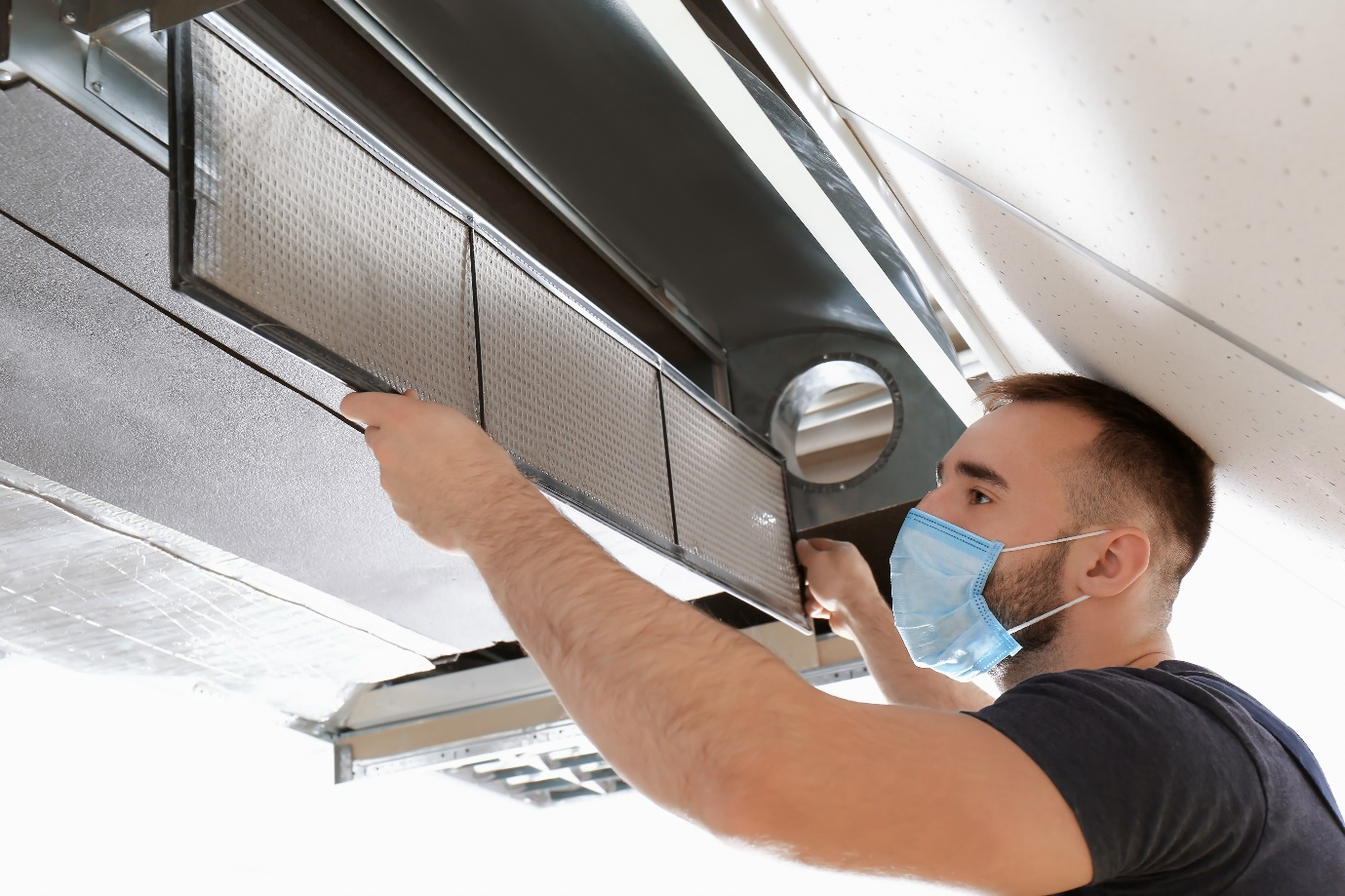
A well-maintained commercial air conditioning system is an efficient system. Regular maintenance can prevent breakdowns, extend the system’s lifespan, and ensure that it operates at peak efficiency. Key maintenance tasks include:
1. Filter Replacement or Cleaning
Clogged filters reduce airflow and force the system to work harder. Dirty filters can significantly increase energy consumption.
2. Coil Cleaning
Dust and dirt accumulation on evaporator and condenser coils can impede heat exchange, reducing the system’s efficiency.
3. Refrigerant Checks
Leaks or insufficient refrigerant can hamper the system’s cooling capacity and efficiency. Regular refrigerant checks are essential.
4. Ductwork Inspection
Leaky or poorly insulated ductwork can lead to energy loss. Sealing and insulating ducts can significantly improve efficiency.
5. Scheduled Service
Create a maintenance schedule and ensure that it is consistently followed. Professional service should be part of your long-term plan for sustainable and efficient air conditioning.
Other Ways to Ensure Energy Efficiency
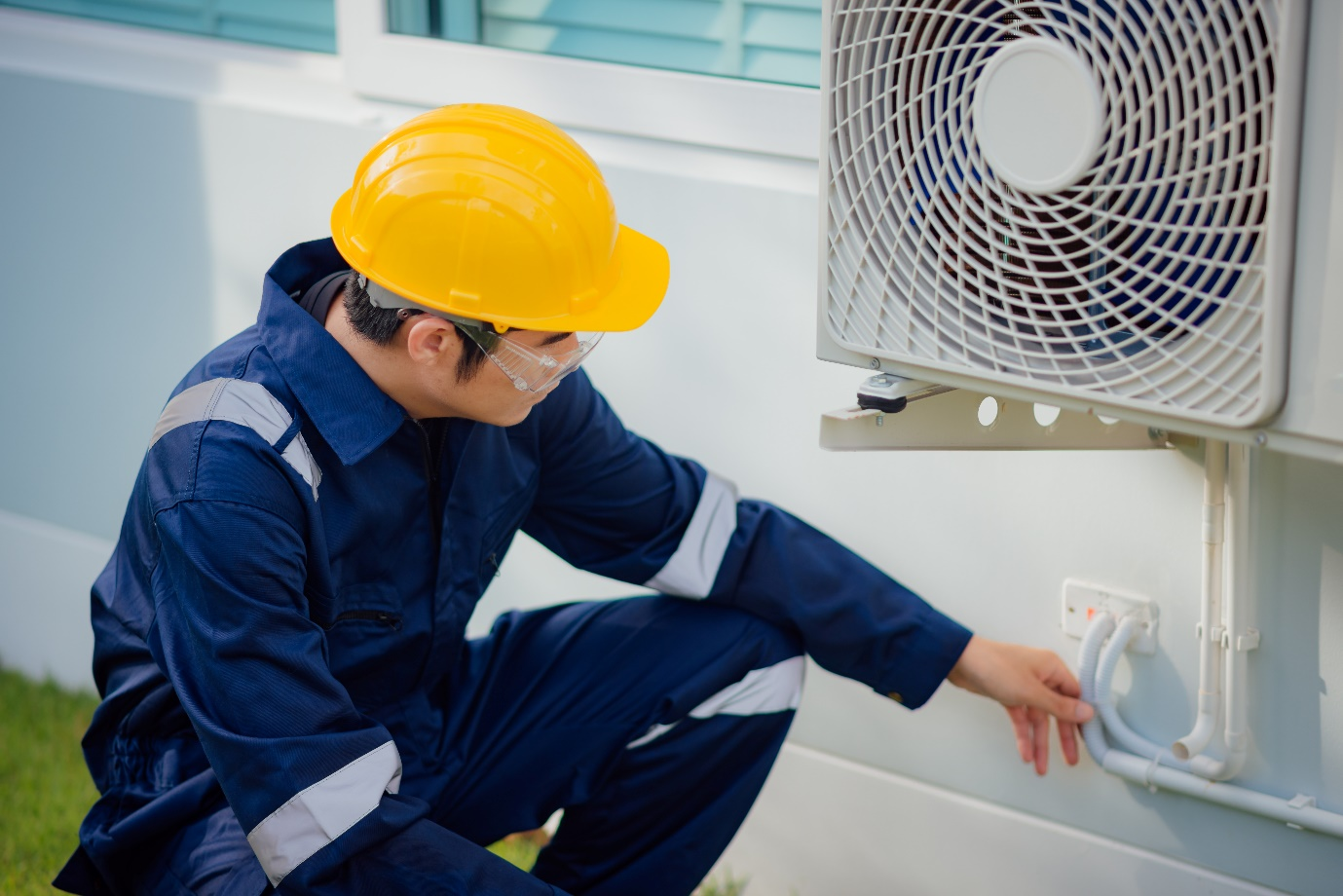
Use Renewable Energy Sources
Consider using renewable energy sources, such as solar panels or wind turbines, to power your commercial air conditioning system. Not only will this reduce your carbon footprint, but it can also provide long-term cost savings as energy costs rise.
Improve Building Envelope and Insulation
Before addressing the air conditioning system itself, it’s essential to consider the building’s envelope. Proper insulation, well-sealed windows and doors, and reduced air leakage can significantly reduce the need for cooling in the first place. An energy-efficient building envelope can complement your sustainable air conditioning efforts.
Employee Training and Awareness
Your employees play a critical role in energy efficiency. Provide training and awareness programs to ensure that they understand the importance of energy conservation. Simple actions like turning off lights, closing windows, and reporting maintenance issues promptly can contribute to energy savings.
Stay Informed and Adapt
The field of commercial air conditioning is constantly evolving. New technologies and best practices emerge regularly. Staying informed and adapting to these changes can help your business remain at the forefront of sustainable and energy-efficient air conditioning.
Final Thoughts
Achieving sustainable and energy-efficient commercial air conditioning is a worthy goal for businesses in the modern world. It not only reduces operational costs but also contributes to a healthier planet and a better working environment for your employees. By selecting the right system, implementing advanced controls, regular maintenance, and making other energy-conscious choices, your business can lead the way in sustainable practices, benefiting both your bottom line and the environment.
Explore Reliable Commercial Air Conditioning Solutions with Airplus Refrigeration
Experience reliable commercial air conditioning solutions with Airplus Refrigeration. From commercial ice machines and walk-in cooler repair to residential wine cellar installation, we are your trusted choice for refrigeration maintenance and more in Los Angeles. Contact us today for expert service by our factory authorized service agents.


